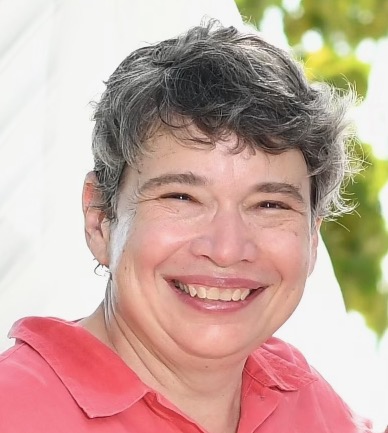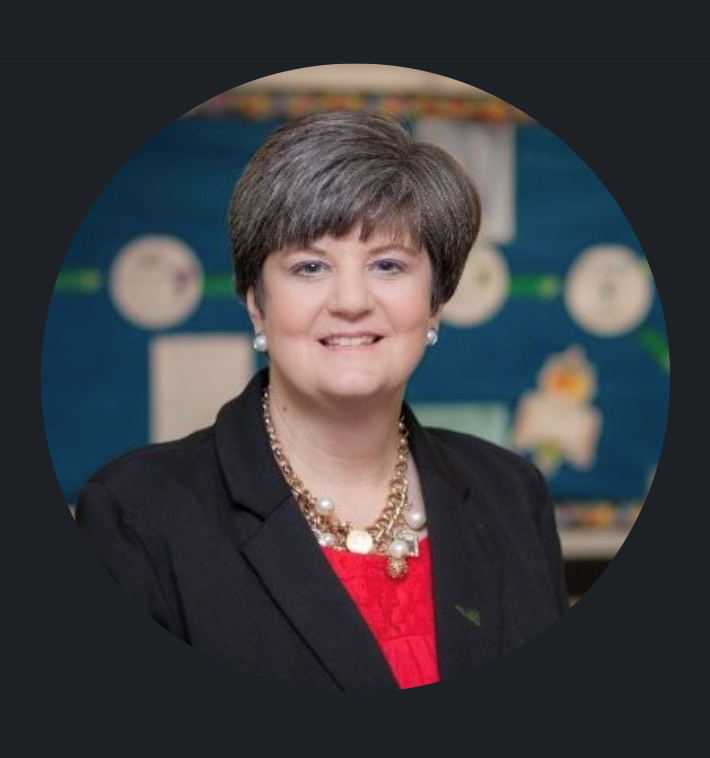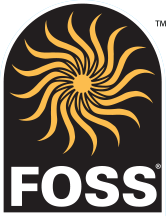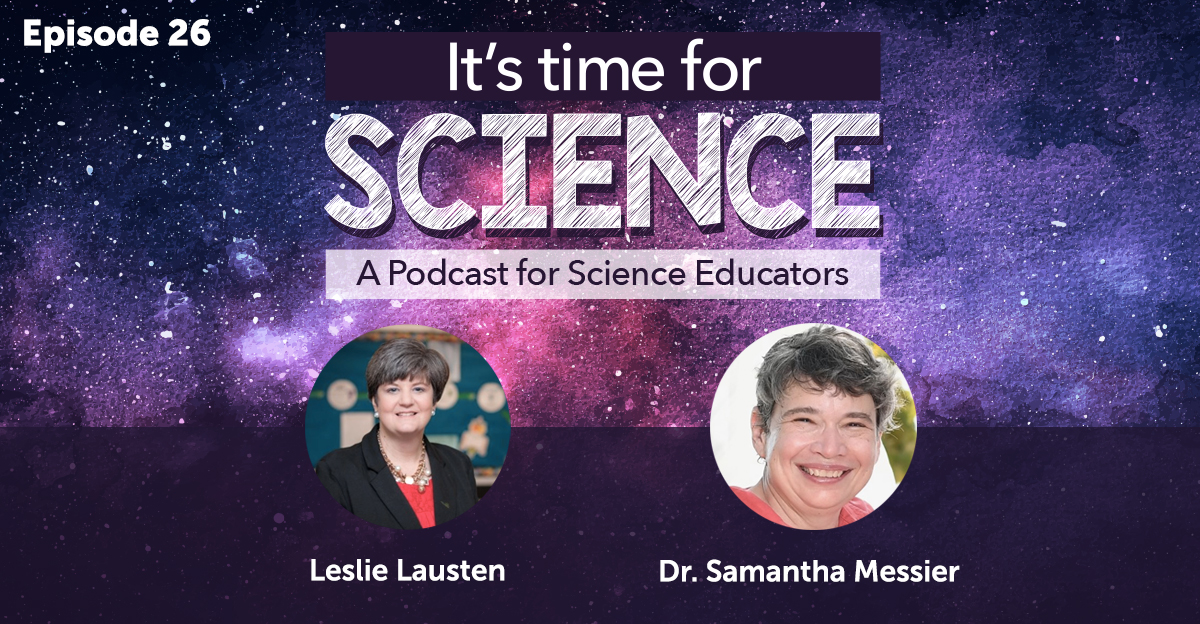It’s Time for Science! Today, we’re diving into crosscutting concepts and sense-making in the classroom. Tom sits down with Dr. Samantha Messier and professional learning specialist Leslie Lausten to explore the big ideas that connect all areas of science. They also talk about helping students make sense of the data they collect and the phenomena they observe.
Tom begins his conversation with Dr. Messier by focusing on crosscutting concepts (CCC) and data sense-making. They talk about how one of the most important parts of science education is helping students understand and reflect on what they’ve experienced in class. While educators often focus on performance expectations (PE), these goals combine disciplinary core ideas (DCI), practices, and CCC. Crosscutting concepts connect ideas across all science disciplines. They give students the tools to apply what they’ve learned to new situations and different types of problems. CCC helps students build strong mental frameworks, which makes it easier to organize their thoughts and retrieve ideas later.
Dr. Messier explains how CCC grows and deepens across grade levels. She shares her own experience with this growth, using structure and function as an example. She also talks about strategies for newer teachers, like rephrasing DCIs into student-friendly language. Tom and Dr. Messier discuss the importance of high-quality instructional materials (HQIM) and how programs like FOSS support sense-making through clear storylines. They cover strategies for preparing lessons by studying DCIs and CCC ahead of time, and how to help students if data collection doesn’t go as planned. Even conflicting data between groups can be a valuable learning moment, encouraging students to analyze which outcome is better supported. Dr. Messier also stresses that teachers don’t need to know every detail of the science; they just need to ask strong, guiding questions. Connecting CCC to local, everyday examples can also make science feel more real and relevant to students.
Dr. Messier is a retired educator and biologist from Boulder, Colorado. She has served as the Director of Standards and Instructional Support for the Colorado Department of Education. She also worked in several leadership roles for the Boulder Valley School District, including Science Director and Assistant Superintendent for Instructional Services and Equity. Her Ph.D. research focused on the evolutionary ecology and behavior of termites.

Tom then talks with Leslie Lausten, who expands the conversation on CCC and sense-making. She points out that many teachers underestimate the importance of sense-making in lessons. Science can build connections across different subjects, and CCC helps make these links clear to students. Ms. Lausten talks about how HQIM can structure sense-making and how these routines stay consistent across grades. This gives teachers a reliable process while still adjusting content for different age levels. She also encourages teachers who are new to sense-making to focus on building a strong foundation and recognize that they’re likely already doing some of this work in other disciplines.

Leslie A. Lausten has a rich background in science instruction. She taught multiple elementary grades, was a literacy coach and science lead teacher for over 30 years in Virginia. She has an MEd in Science Education (K-8) and a Reading Specialist Endorsement. Currently, she is the East FOSS Professional Learning Specialist and enjoys helping teachers implement best practices into their science classrooms through meaningful experiences and sensemaking.
Ms. Lausten recommends watching the following videos to learn more about how crosscutting concepts and making sense of data are addressed in FOSS:
Crosscutting Concepts in FOSS
Sense-Making in FOSS
She also recommends visiting the FOSS Science upcoming events page to learn more about the EdWebinar, Sensemaking and Elementary Science: That Just Makes Sense!
Want to read more about our guests and catch up on the podcast? Visit our new and improved blog: https://www.foss-science.com/category/podcast/.
It’s Time for Science! To get in touch with us, whether to offer some feedback, ideas for future episodes or reviews, or just to say hi, send us a message at itstimeforscience@schoolspecialty.com. We’d love to hear from you!
Look for School Specialty and FOSS on X. Facebook, and Instagram. It’s Time for Science is produced by School Specialty and the Full Option Science System (FOSS) at the Lawrence Hall of Science, University of California, Berkeley.
Listen Where You Find Your Favorite Podcasts


